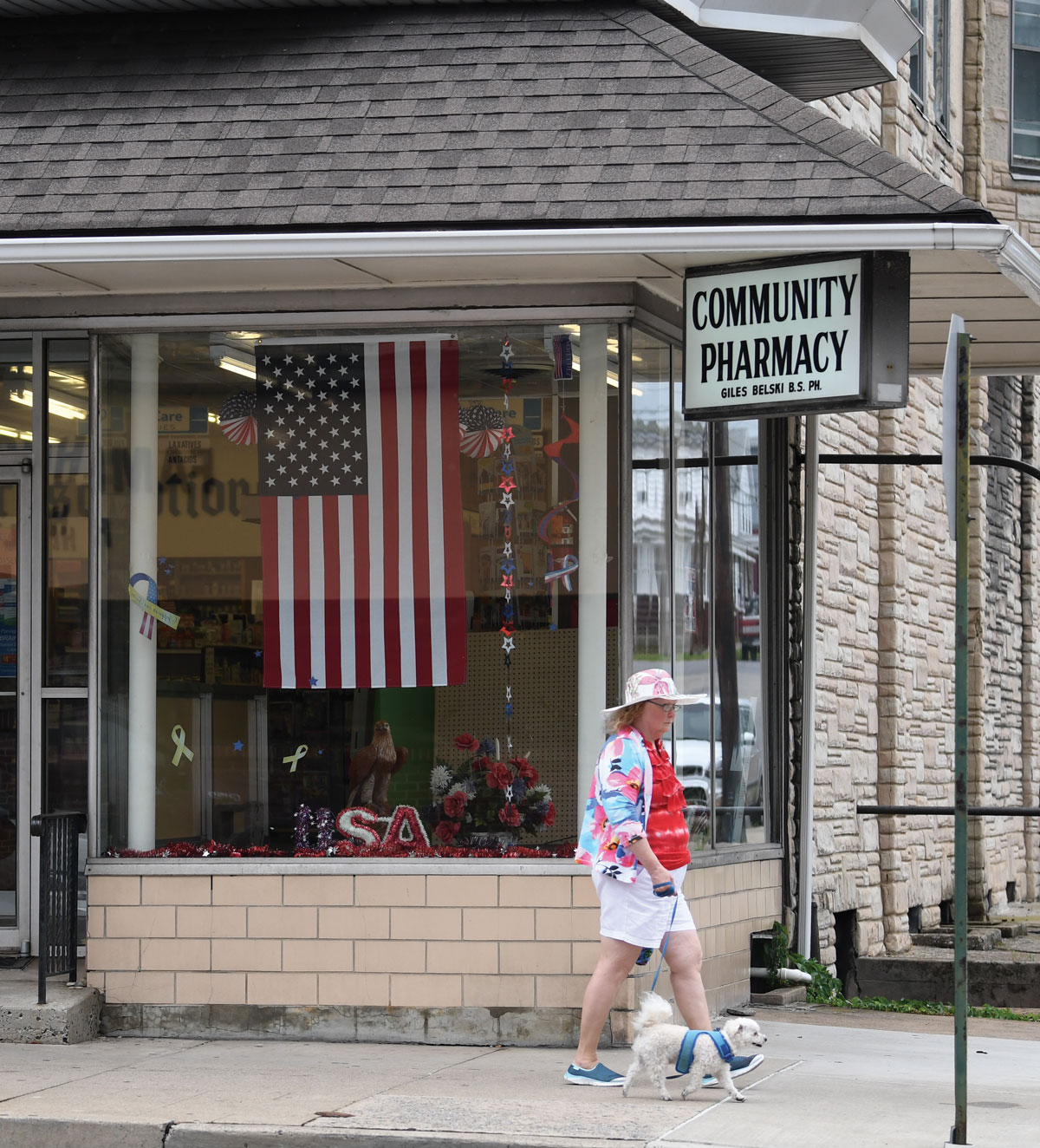
“Even in affluent families — with college-educated parents who have good jobs — there’s still so much anxiety around the American Dream and whether their children will be able to have the same kind of life that they do. They’re just really panicked that their kids won’t get into an elite college or won’t be able to find a job. They have this sense that the economy has gotten so much more competitive. You have to work so hard just to stay afloat.
“I think we see that in our students at Bucknell. Many of them do come from families where parents can help them figure out the transition to adulthood. In some ways success today requires that you have all of these private resources. It’s not just that if you work hard you can make it. It’s that you also need this huge parental safety net.”
“Sometimes we idealize the past. And we forget there were some very specific historical conditions that allowed for those golden ages, like the U.S. enjoyed after WWII. That American Dream was carefully crafted to exclude a lot of people. What we don’t want to do is go back. We want to go forward. We want to think about an American Dream that does apply much more broadly.”
Silva is working on a book tentatively titled, We’re Still Here: Pain and Politics in the Heart of America, based on field work in central Pennsylvania. Among her findings:
“We live in a deeply unequal society. We always talk about the 99 percent vs. the 1 percent. I think it’s also useful to think about the 70 percent vs. the 30 percent. Fifty years ago, we had a strong working class and middle class. It’s been chipped away through globalization, technology and automation, which have been weakening labor. So now we have a top 30 percent who have professional jobs. They’re pretty protected against risk. They have pensions. They have good health care. They can put their kids through college. Then we have this bottom 70 percent. They’re really vulnerable.”
“I am a first-generation college student, and now I’m a professor at Bucknell. My own experiences have been really positive, and I’m able to look back and see how many resources I had. So many adults in my life have been willing to help me figure out the rules of success, give me special opportunities like internships, research assistantships. I try to think about how we can make these opportunities available to everyone. I try to stay hopeful about that.”